Since last spring, we’ve been actively working on a new project funded and supported by Southern SARE (Sustainable Agriculture Research and Education) entitled, “Local food needs local seed: increasing production and use of locally adapted seed with a farm to community network.”
The main goal of this project is to collaboratively work with local farmers to figure out ways that seed saving practices can be incorporated into farm planning. In the same way that farmers must consider crop rotations, variety selections, pest management, soil health, cultivation practices, and marketing, we hope that one day seed saving will also be something considered each time they sit down to plan the farm season. But we know this is not easy, and it’s why we’re working on this project!
“With diversified vegetable farming there are just so many different jobs you have to do. Seed saving is a whole other field than growing produce for market. There is a skillset to learn that is not a core part of what we already have to do day to day on the farm. It feels like a whole other profession and hard to incorporate in a meaningful way.”
~Daniel Robleto of Nicoya Farm
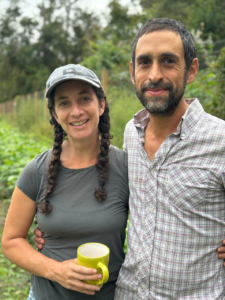
Despite these challenges, growers like Aviva and Daniel of Nicoya Farm recognize the importance of creating a local and regional seed supply that is ecologically and culturally significant to where we live, grow and eat.
Siembra Farm and Hammock Hollow Farm are the two other participating market farmers, and we’re also working with urban farms, community organizations, our local Florida Wildflower Cooperative, and various staff and faculty from The University of Florida.
Last season, farmers grew different varieties of Southern Peas (aka cowpeas, field peas, African peas) with mixed success and lessons learned in the process. This upcoming season, farmers chose to grow South Anna Butternut (a variety bred by Farmer Edmund Frost of Common Wealth Seed Growers in Virginia), Bellevue Butternut (a locally saved variety by Tommy Simmons of Bellevue Gardens in Archer, Florida), Jaune Flamme Tomato (a community favorite every year in our tomato tasting events), Conie Pink Tomato, and a rare Aji pepper.
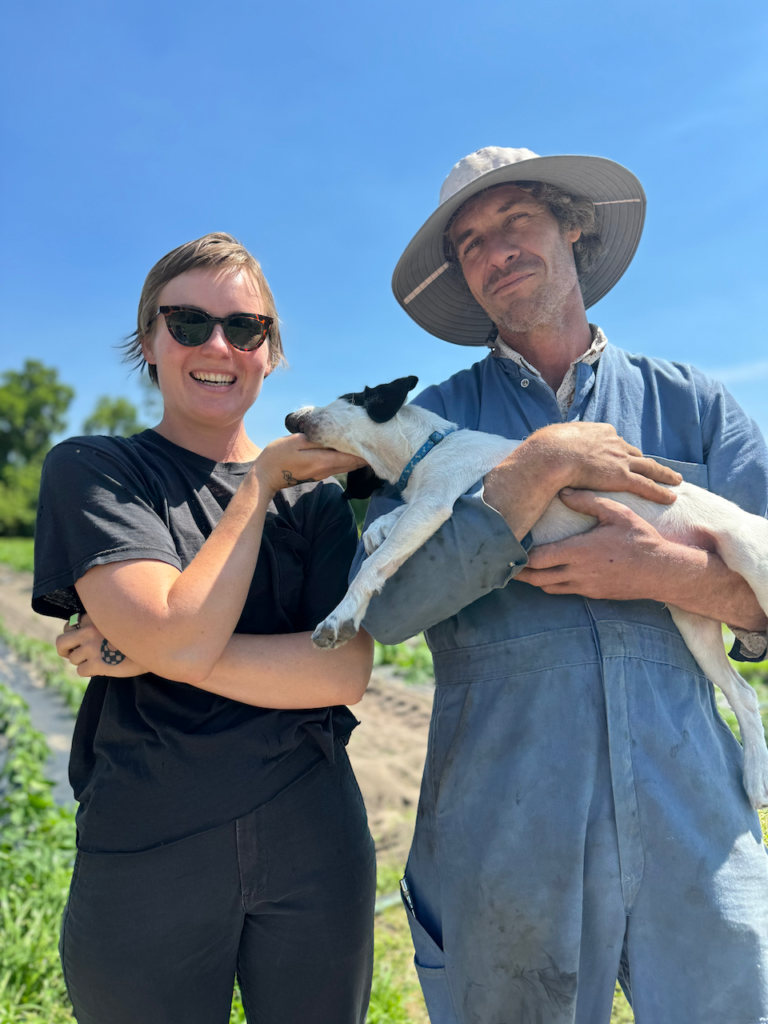
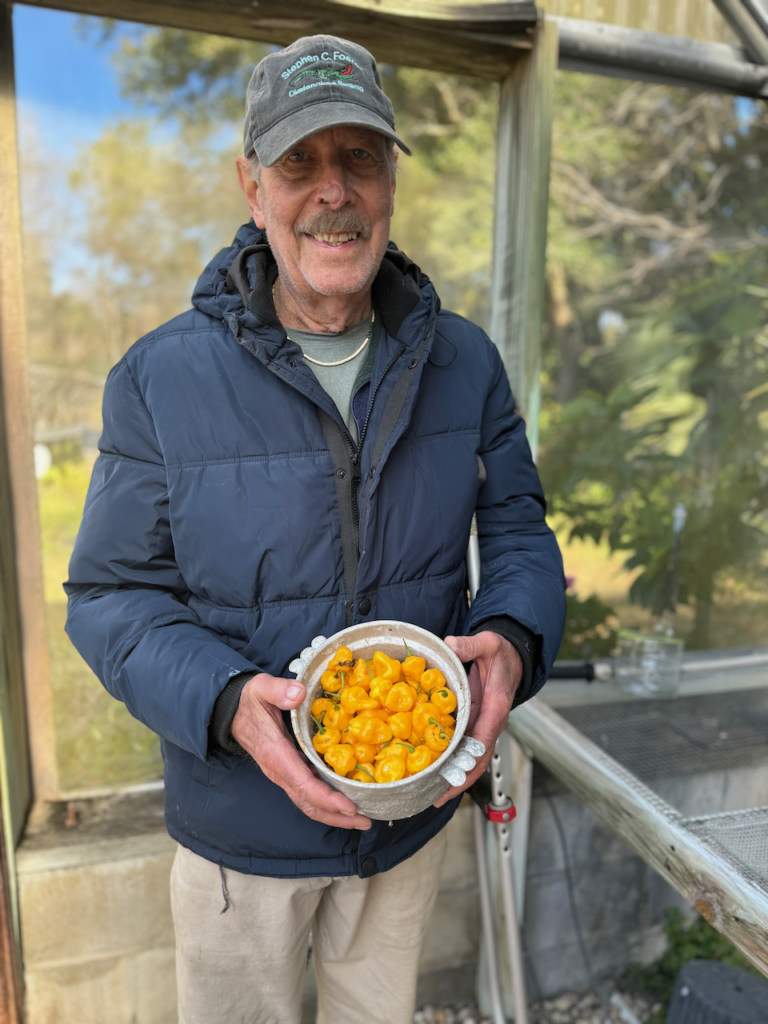
Farmers and community members also get more opportunities to connect with this project. Last winter we facilitated some fun field trips for kids and farmers! Students that are a part of Working Food’s Youth Program got to visit Nicoya Farm for fun farm adventures climbing mulch piles, harvesting tomatoes, enjoying a farm scavenger hunt, and shelling peas – always a crowd favorite, no matter the age!
These same kids got to visit University of Florida’s Field and Fork campus teaching farm this spring for similar farm adventures with a different flavor. The kids shared their passion and knowledge for worms through a pop up “Worm School” presentation they gave to college interns at the farm, and donated a starter bundle of live worms for the newly created worm bin at Field and Fork that was modeled after the successful one the kids have been managing for many years. It was fun for these young kids enrolled in afterschool science programs to meet college-aged science students who similarly shared their love of insects, soil, plants and more. We harvested an abundance of kumquats from the food forest, and went on a seed scavenger hunt while revisiting lessons from before on how seeds move around in different ways as seen by observing them: do they fly, hitchhike, float or drop? Do they need a human to move them around?
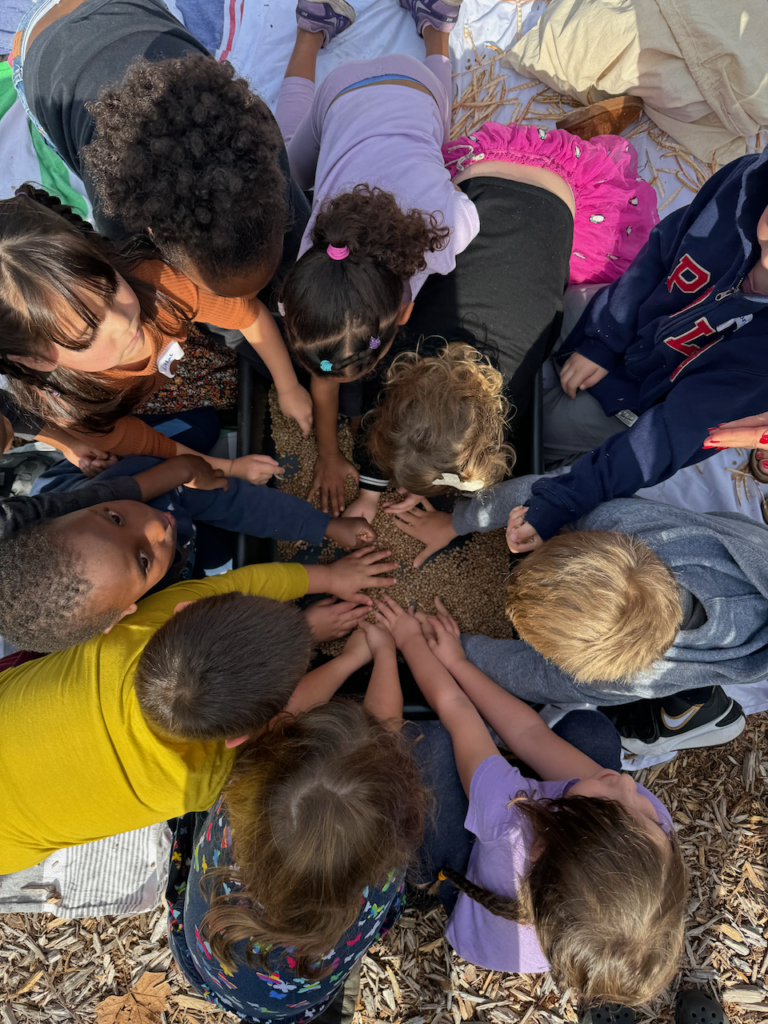
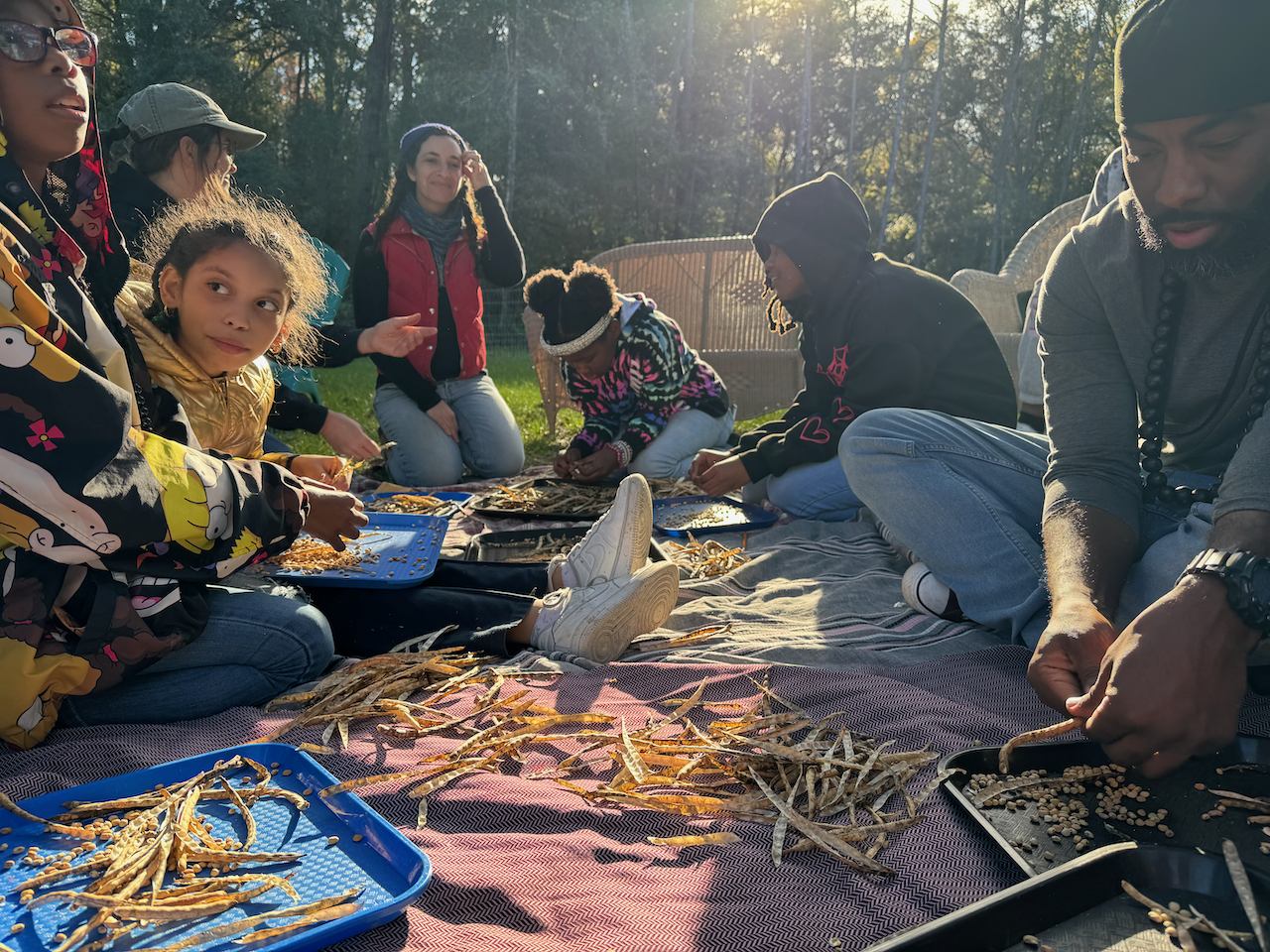
Farmers got a chance to visit other farms, deepening our connections with each other and to our collective seed work. Joe Durando of Possum Hollow Farm shared his story of stewarding the Cuban Calabaza and how he handles the seed and makes decisions on which ones to save. This is highlighted in a series of videos that our collaborators, The Utopian Seed Project in North Carolina produced for another SARE grant. You can watch Joe here– skip ahead to 11:43 if you want to get straight to it!
Farmers were able to take some seed back with them, and currently the farmers at University of Florida’s Field and Fork campus teaching farm are growing them out! After that we zipped over to the Florida Wildflower Cooperative’s headquarters in Alachua. Terry Zinn shared about the cooperative’s mission and goals with a focus on showcasing the collection of seed processing equipment: From vintage equipment that still works and takes up a whole garage, to modern high tech equipment with digital controls.
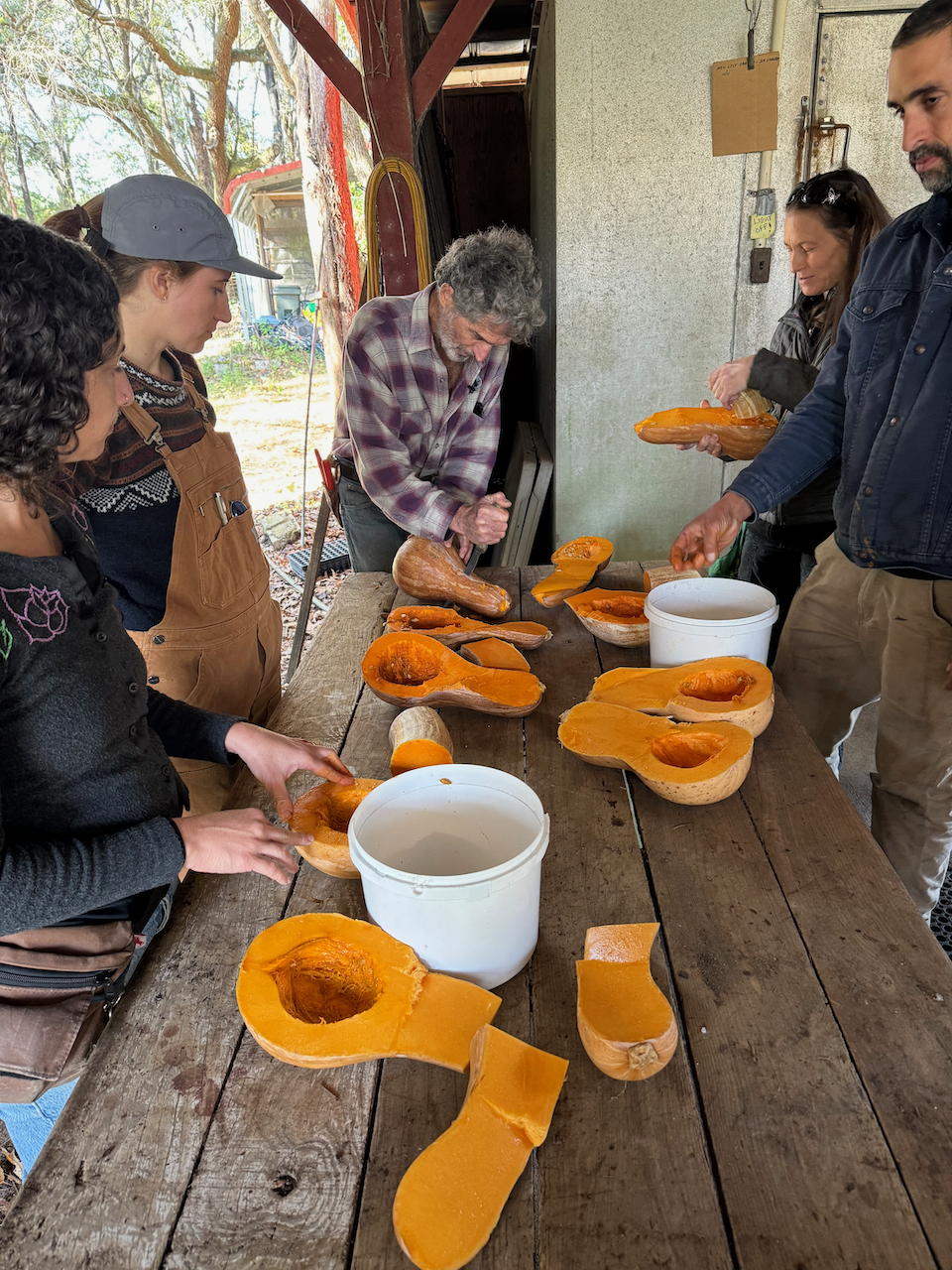
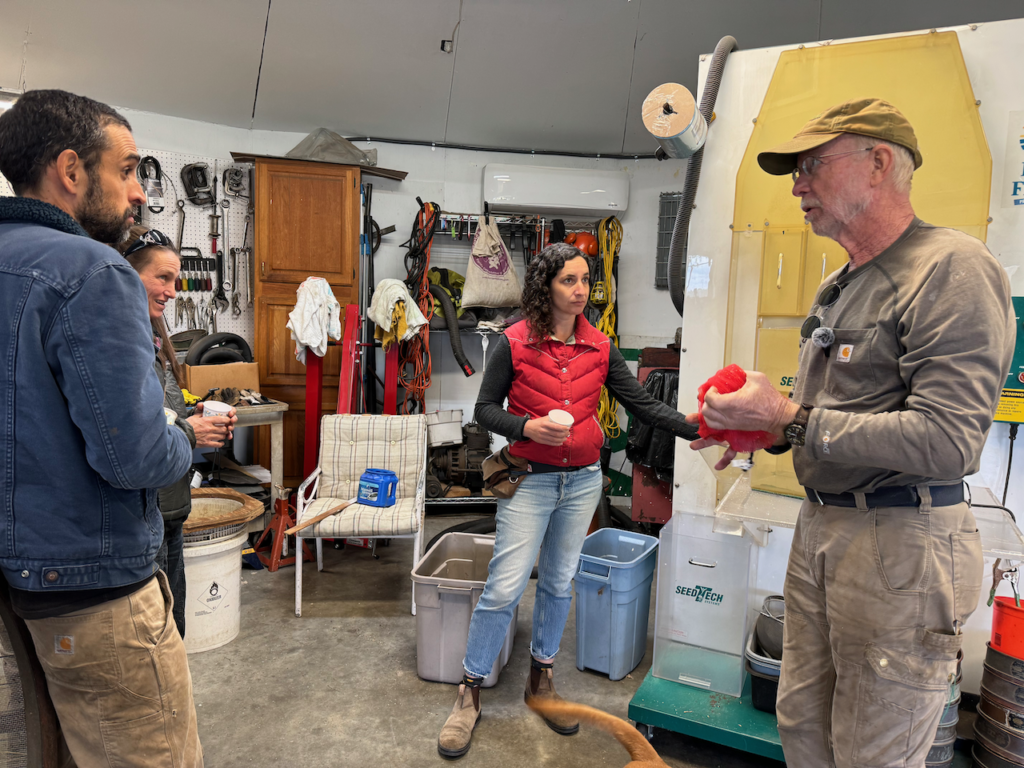
Local food needs local seed, and we’re excited to keep helping move this vision forward!
If you too, want to learn about saving seeds, check out our free Southern Seed School resource.
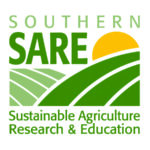
This material is based upon work that is supported by the National Institute of Food and Agriculture, U.S. Department of Agriculture, under award number 20223864037488 through the Southern Sustainable Agriculture Research and Education program under subaward number 00003174. USDA is an equal opportunity employer and service provider. Any opinions, findings, conclusions, or recommendations expressed in this publication are those of the author(s) and do not necessarily reflect the view of the U.S. Department of Agriculture.






